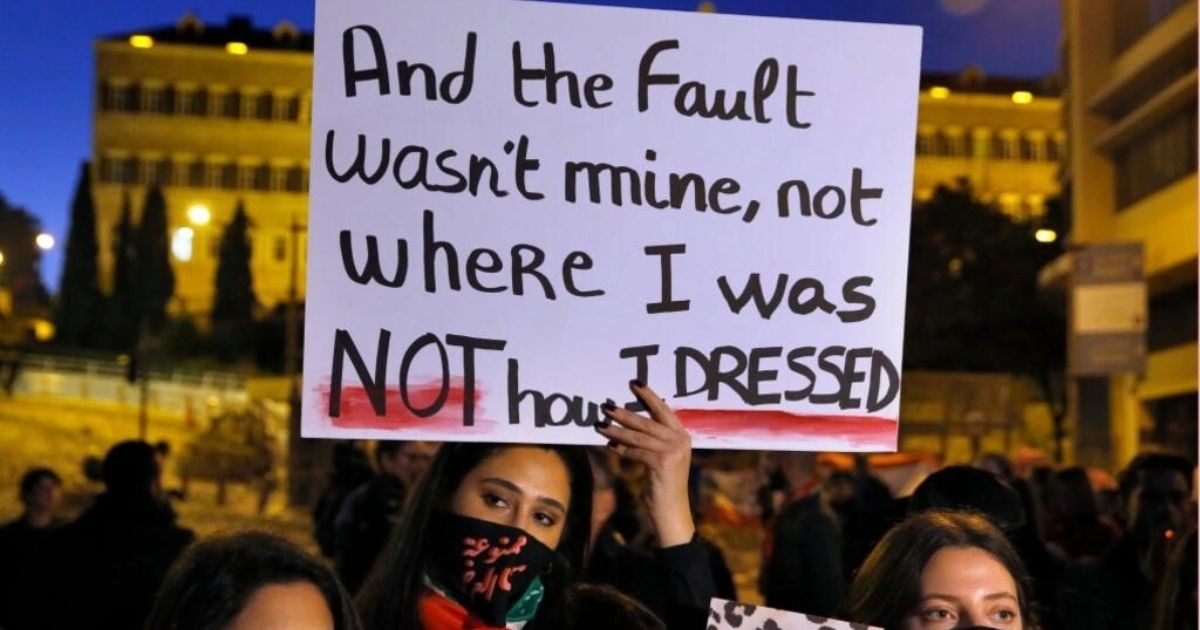The Lebanese Municipality of Salhieh sparked controversy after making an announcement of unequal wages between foreign workers according to their gender for the job of olive picking.
The document titled “Important Announcement” states that work hours are 8, from 7 AM to 3 PM for both men and women and that the daily pay is 80,000 LBP for men and 60,000 LBP for women.
The inequality in payment despite the work hours and job being the same sparked outrage on social media in Lebanon. It marks yet another discrimination between men and women in Lebanon.
Olive picking is a Lebanese tradition that involves women in general. They have always been an important part of it.
That this decision by the municipality targets foreigners doesn’t justify the inequality in wages. The hard work is the same, so is the number of hours, as well as the amount of effort required to undertake that job.
It does show how Lebanon still has sexist mindsets and policies.
Some people thought to justify the unequal wages by saying that men spend on their families while women spend on themselves. This plainly reflects ignorance about women in general and these women’s social status in particular and their need to work to feed their families.
In a time when poverty is striking 75% of the population in Lebanon, such thinking is not even tolerable. Women are in similar need as men to work and provide for their families, which includes mothers who have lost their husbands.
For families in the labor market of Lebanon today, a man’s wage is not even enough to cover the family’s basic needs.
Lebanon’s gender inequality issues don’t simply stop here. The law itself gives men rights that women don’t have, like passing the Lebanese nationality to children.
That law implies that Lebanese women’s nationality does not hold the same value as the men’s unless their husbands are Lebanese.
Recently, an official enactment by the state-run Lebanese University and the Education Ministry marginalized children of Lebanese mothers married to non-Lebanese, due to the aforementioned law.
That inequality in perception and enactments is also noticeable in politics and governance, where women’s representation in the Lebanese government has dropped to 4%, with only one female minister in the entire cabinet.
Lebanon’s women are not by any chance weak or less educated than their male counterparts. They are only restricted by the male-dominated system that refuses to value them as important human assets in all aspects and sectors.
This wage gap by the Salhieh municipality has been exposed on social media, however, there still remain many women in Lebanon who are getting paid less than men for the same job in the same company or institution.

















